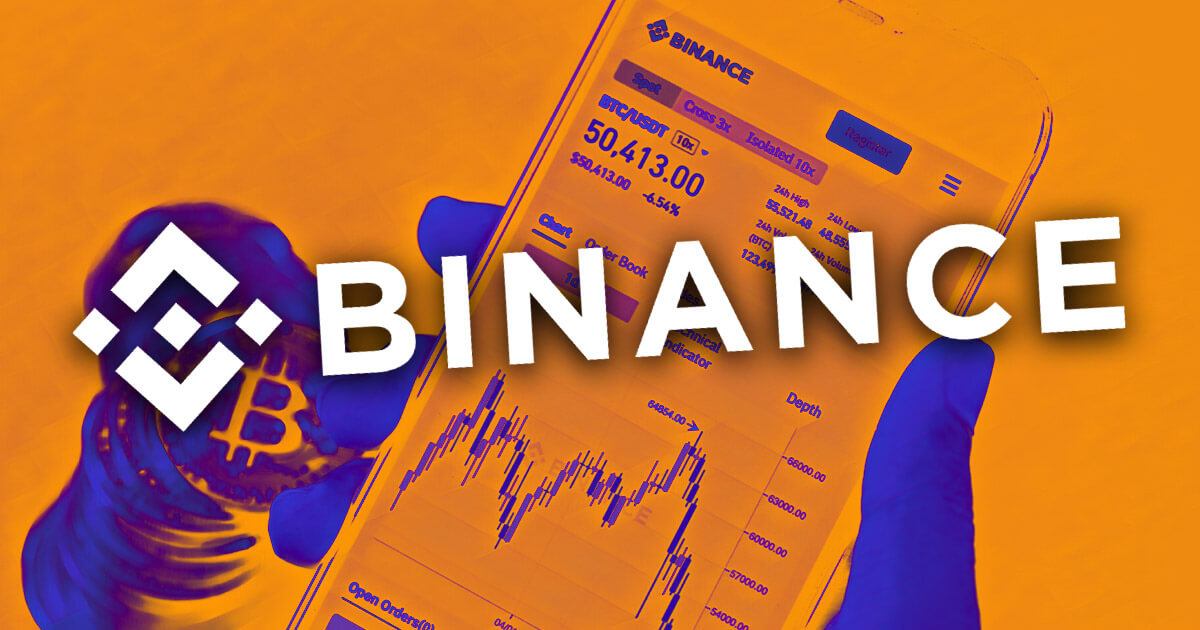Eight out of 10 crypto investors store their digital assets on hot wallets, according to a CoinGecko survey observing crypto storage behavior post-FTX collapse.
Meanwhile, seven out of 10 respondents said they held their assets in centralized exchanges — while another three out of 10 said they used cold wallets, according to the survey report.
The survey
The study was held between December 2022 and January and collected answers from 421 individual investors — the report didn’t specify if participants used multiple types of storage.
The popularity of self-custody hot wallets reflects the community sentiment after the FTX collapse. However, the preferred rate of wallets tied to centralized exchanges is still considerably high.
The report justifies this rate by saying that it is tied to the current dominance rate of centralized exchanges (CEXs) over decentralized ones. The report states:
“Most crypto holders remain reliant on centralized exchanges for on- and off-ramping as well as for buying and selling crypto, such that holders prioritize convenience over security.”
Regarding surveyed participants that preferred cold storage for their crypto, the report notes that the percentage was not strong enough to suggest a change in community sentiment.
Self custody wallets
CryptoSlate research from November 2022 revealed that the FTX crash pushed Bitcoin (BTC) reserves into self-custody wallets. In November 2022, the amount of BTC held in self-custody wallets almost reached 15 million — accounting for 78% of the circulating supply at the time.
The FTX collapse also motivated crypto organizations to turn to self-custody services. Crypto exchange platform Robinhood started working on its own self-custody wallet in December 2022 and launched it in January.
Additonally, the crypto firm Juno publicly advised its users to turn to self-custody or sell their crypto assets in January. On its official Twitter account, the company wrote:
“We strongly recommend withdrawing crypto assets to your self-custody wallet or selling your crypto for cash in your Juno checking account…”
The shift towards self-custody also increased the usage of cold storage during the same period. Data from December 2022 revealed that 450,000 BTC held on an exchange or a hot wallet before 2022 had been moved to cold storage throughout the year.
















